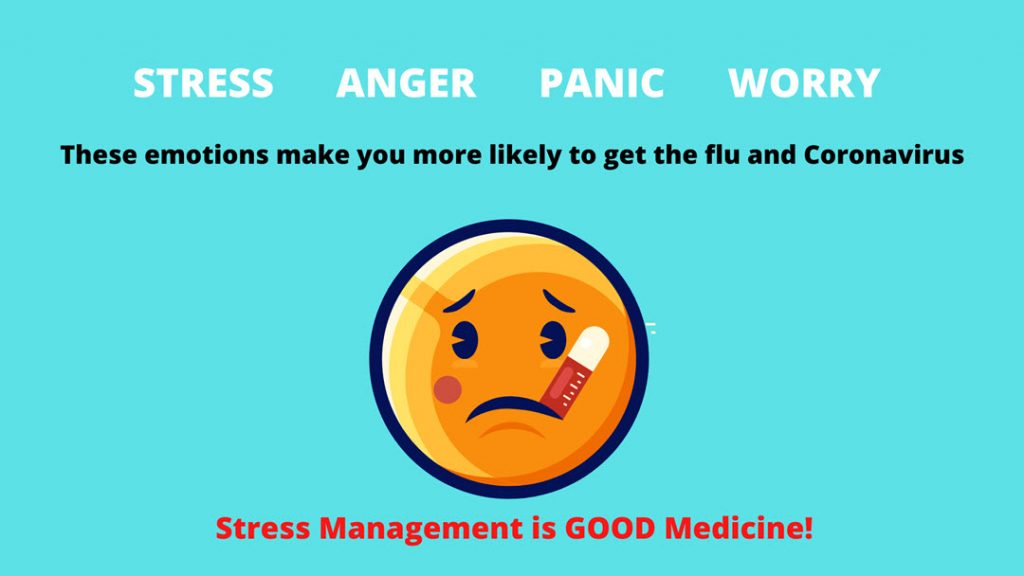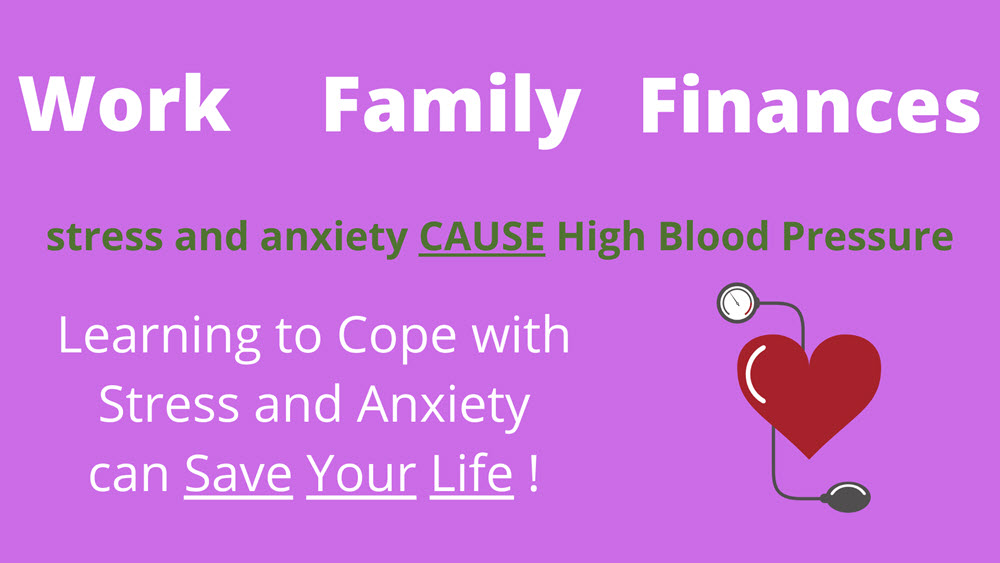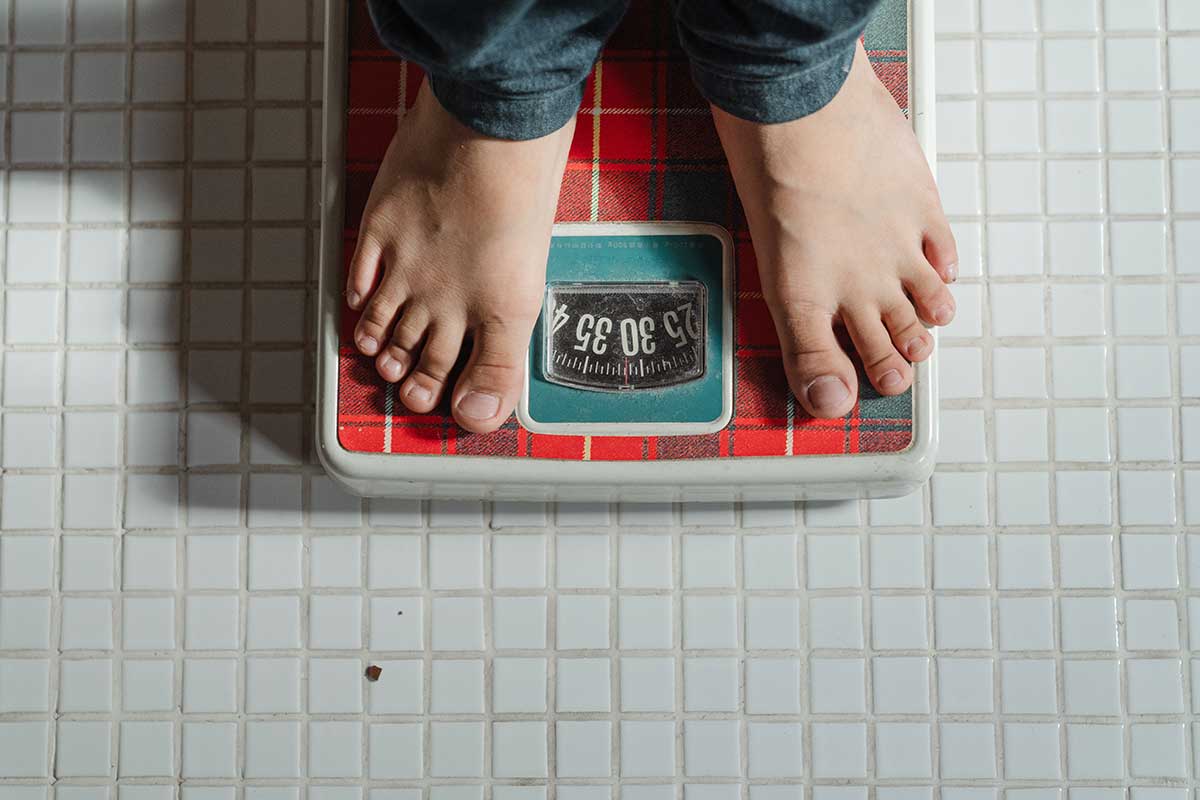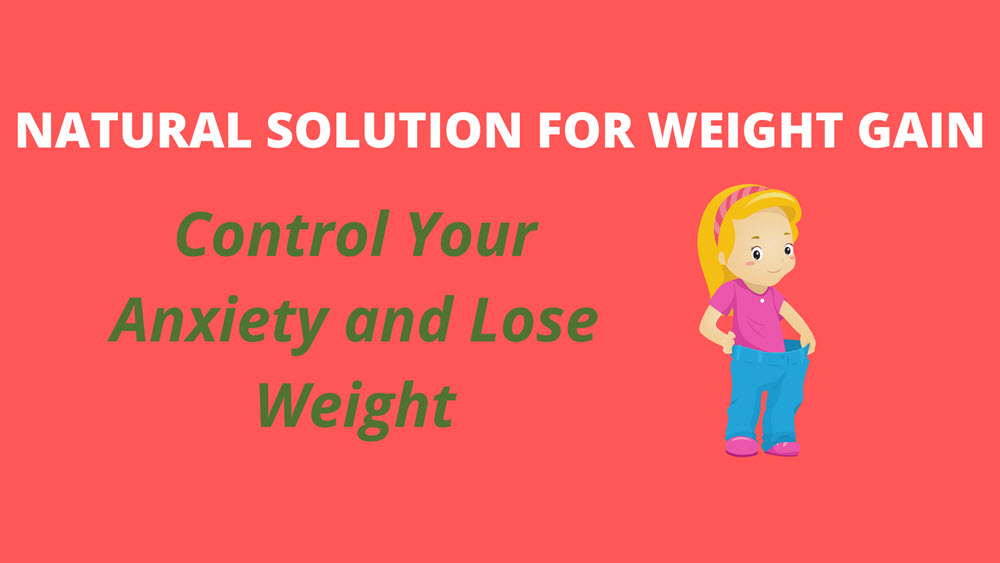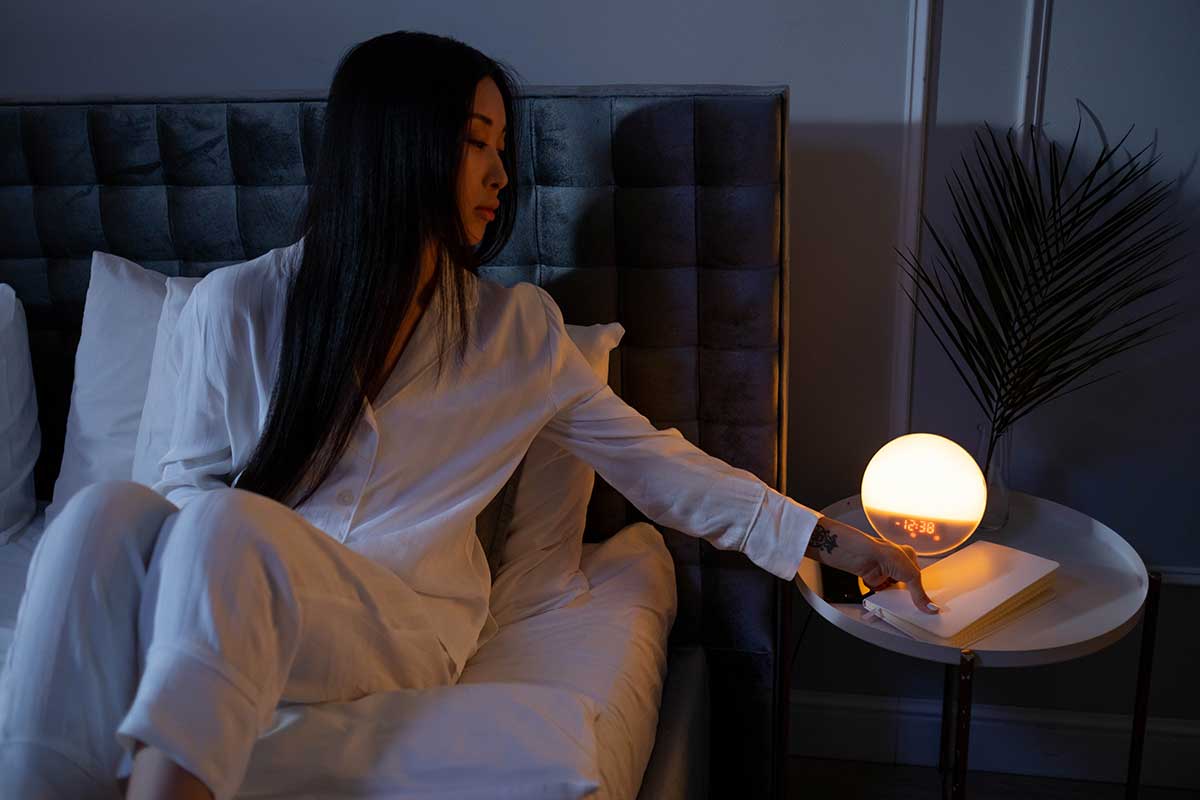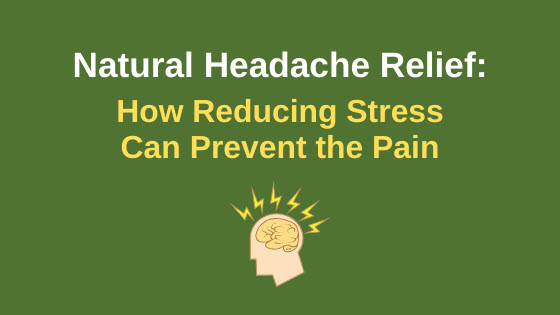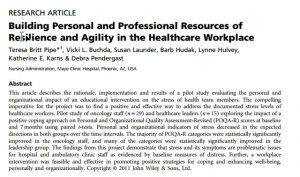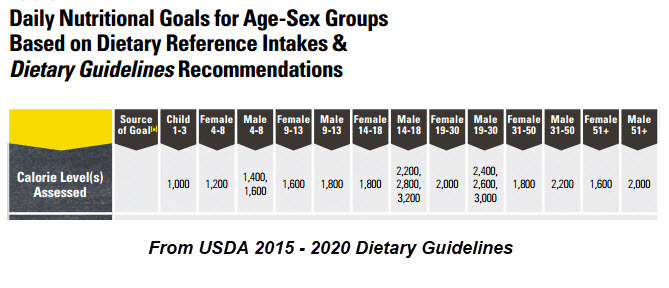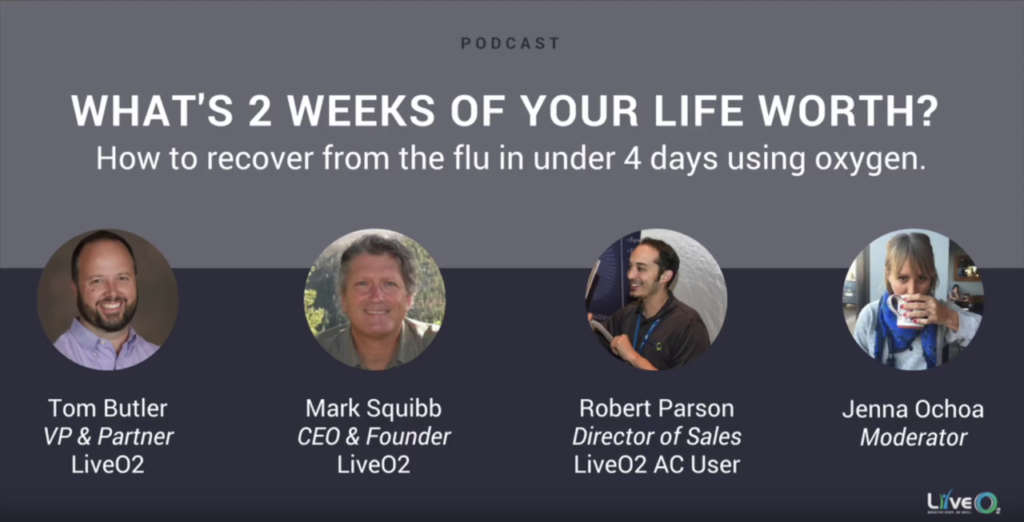Natural Remedies to Stay Healthy this flu season: Learn to manage your stress so you will avoid getting coronavirus
The effect of stress on your immune system
It’s that time of year: flu season. It’s not just influenza knocking everyone down this time of year either. Common colds, pneumonia, strep throat, stomach flu, and so many other illnesses run rampant during the winter months.
All these illnesses come with a host of dreadful symptoms, missed work and other activities, and basically several days of plain misery. With all these germs going around, along with the new threat of a coronavirus outbreak looming over our heads, making sure our immune system is as strong as possible should be at the top of everyone’s priority list.
Of course, eating healthy foods and getting plenty of rest are great ways to keep your immune system doing what it’s supposed to do. However, one of the best ways to keep from getting sick might surprise some people.
 Stop stressing is the strongest and best medicine for viral infections
Stop stressing is the strongest and best medicine for viral infections
Just like influenza, the coronavirus is a highly contagious infection. It is spread by coughing, sneezing, and likely through feces. Suppose you’re in a public place like a grocery store. A few people around you are coughing and sneezing. How do you react?
- Does it bring up worry or anger that you might contract the virus?
- Are you worried or upset that you may spread the virus to your family and co-workers?
- Are you frustrated or afraid that you may need to stop working for ten to 14 days?
- Is your mind racing with all these negative thoughts trying desperately to predict the future?
Anxiety, panic, anger suppress your immune system
Your immune system is the most potent defense against viruses. When we’re stressed out, our bodies release a hormone called corticosteroid, which suppresses the immune system, and not just a little bit. Studies have shown that stress and anxiety, especially when lasting more than a day or two, can significantly weaken all aspects of a person’s immune system and make you far more likely to catch any illness that comes your way.
This tells us one important thing: if you don’t want to get sick, learn how to manage your stress.
What is influenza
Flu season gets its name from influenza, which is not the same as the stomach flu – a common misconception. Influenza is caused by influenza A and B viruses, and although it’s usually mild, it can be quite serious - in some cases even fatal.
Influenza is very contagious, and it spreads when an infected person coughs or sneezes. The germs can be spread airborne up to six feet, and they can also be passed from person to person via surfaces that we touch.
Symptoms of influenza
Symptoms of influenza include:
- Fever, cold chills, and/or night sweats
- Difficulty breathing
- Coughing and sore throat
- Headaches and body aches
- Fatigue
- Loss of appetite
If you think you have influenza:
- drink a lot of nutritive broths and pure water; eat lightly
- eat soups and other foods that are easily digested
- getting plenty of rest.
Children, elderly people, and anyone with a chronic medical condition or who has a compromised immune system should see a doctor. Dr Gruber is available to consult with patients who want a natural solution for treatment of influenza and coronavirus. Our online dispensary (see cold and flu season) has the most effective natural supplements for treating colds, influenza, and coronavirus. Please contact the office for a treatment plan for you and your family.
How to protect yourself from influenza, and other illnesses naturally
We are not completely helpless when it comes to the influenza virus. There are many ways to boost your immune system and avoiding the germs that cause the flu and other illnesses. Getting an annual flu shot is always an option, but if you’re looking for natural ways to avoid influenza, some of these may work:
- A healthy diet. Take your Vitamin C, but remember, it’s not just Vitamin C that boosts your immune system. Zinc, B vitamins, iron, and many other vitamins and minerals are important for your body’s defense against germs. Make sure you’re eating plenty of fruits and vegetables and consider taking a multivitamin when the weather starts to cool off.
- Get plenty of rest. Fighting off viruses is hard work.
- Don’t smoke.
- Limit alcohol.
- Wash your hands. A lot.
- Avoid physical contact when possible. You don’t always have to shake people’s hands. You can smile and wave when introducing yourself – maybe make a little joke about not wanting to spread germs. It’s not rude. Other people will probably appreciate it.
Learn how to manage your stress and anxiety. You can be doing all of things listed above, but if you’re really stressed out, it’s like leaving the back door open. All the infections will get right past your barriers. If you’re struggling with managing your stress, contact Family and Environmental Medicine for a comprehensive consultation.
Manage your stress and boost your immune system with Dr. Gary Gruber
Dr. Gary Gruber is a licensed naturopathic practitioner and holistic health counselor. He owns Family and Environmental Medicine where he specializes in helping his patients find natural solutions for colds and influenza caused by stress and anxiety.
If you struggle with managing your stress and anxiety, contact Dr. Gary Gruber.
Family and Environmental Medicine is in the heart of Fairfield County, Connecticut across from the Bristow Bird Sanctuary and Wildwood Preserve. His office is only 10 minutes from Wilton, Stamford and Darien, 20 minutes from Greenwich, and an hour from Grand Central Station by MetroNorth.
If you have high blood pressure, learning to better cope with stress & anxiety could save your life
Stress Management lowers High Blood Pressure
There’s a reason why checking a patient’s blood pressure is always one of the first things done by a nurse or doctor. High blood pressure affects close to a third of the American population, and it doesn’t show any symptoms.
It also comes with a lot of serious health risks. High blood pressure is when your blood is putting too much force on the walls of your blood vessels, which causes damage over time. This damage makes it hard for blood to get to important organs which can eventually lead to serious complications such as kidney disease, heart disease, or a stroke or heart attack.
Stress and Anxiety cause High Blood Pressure
The connection between chronic high blood pressure also called hypertension, and stress and anxiety is still being researched. What we do know is when we get stressed out, our body releases cortisol and adrenaline into our blood stream. These “fight or flight” hormones cause our heart to beat faster and our blood vessels to get smaller, which in turn causes a temporary spike in blood pressure. This puts us in somewhat of a hyperactive state, which would be effective if either fighting or fleeing could solve all our problems.
But in today’s world that’s not usually the case. Our problems are generally less dangerous and more frequent than they were thousands of years ago. For people who get stressed out easily, the extra strain regularly put on their blood vessels can cause damage over time.
For people who already have hypertension, stress can only make the risks greater. With the damage that high blood pressure is already causing on your blood vessels and organs, keeping your stress under control is very important.
Other Causes of High Blood Pressure
Although stress causes blood pressure to increase temporarily, which is dangerous for people who already have hypertension, anxiety is not known to cause chronic high blood pressure by itself. However, a lot of behaviors people use to cope with stress puts them at a higher risk.
Smoking, drinking alcohol, and an unhealthy diet are all ways that people commonly deal with stress. These behaviors can also all lead to chronic high blood pressure. Fortunately, if these behaviors are stopped, a person’s blood pressure can go back to a healthy level.
Natural treatments for High Blood Pressure
Ways to lower your blood pressure at home include:
- Regular exercise
- Not smoking
- Avoiding alcohol
- A healthy diet
- Eating less salt
Learning to manage stress is also important for keeping your blood pressure under control. When you’re stress-free, unnecessary blood pressure spikes can be avoided, and maintaining a healthy lifestyle becomes easier. Effectively managing stress always leads to a healthier body. A natural solution to treat high blood pressure is Heart Strengths Therapy.
Lower your stress and your blood pressure with Dr. Gary Gruber
Dr. Gary Gruber is a licensed naturopathic practitioner and holistic health counselor. He owns Family and Environmental Medicine where he specializes in helping his patients find natural solutions for high blood pressure that is the result of stress and anxiety.
If you have high blood pressure and need help learning to cope with stress and anxiety in a healthier way, contact Dr. Gary Gruber.
The office of Family and Environmental Medicine is in New Canaan, Connecticut, within walking distance from the New Canaan train station. In the center of Fairfield County his office is only 10 minutes from Stamford and Darien, 20 minutes from Ridgefield, Greenwich, and Westport. An easy ride on the New Haven MetroNorth railroad hour from New York City.
Struggling to Lose Weight? How learning to cope with your anxiety & stress can help
Anxiety and weight gain
You’ve gained weight. You’re always stressed out. The extra weight is stressing you out even more, but you have too much on your mind to do anything about it. Instead you eat pizza, drink wine, and stress some more.
If this is you, you’re not alone.
For several reasons, weight gain and anxiety often go hand in hand. Common side effects of anxiety are fatigue and lack of energy. It can also make us feel depressed and unmotivated. These things make living an active lifestyle very difficult.
It’s also very common for people to cope with their anxiety with food. Eating makes us feel good, even if it’s just for a short period of time. Eating comfort foods, which are generally not very good for you, make us feel even better. Alcohol is another common coping mechanism for people suffering from anxiety, which also causes weight gain over time.
The Stress Hormone - Cortisol
On top of that, when we get stressed out, our bodies release a hormone called cortisol, and studies have shown that having increased levels of cortisol in your system can cause our bodies to store extra fat in our stomach.
Overweight Feels Awful
To make matters worse, being overweight is its own stressor. It puts a person at a higher risk for many illnesses and diseases and often leads to a lower quality of life and self-esteem. Just a few more things to be anxious about in the first place.
Weight loss remedies – Managing Emotions
The best way to lose weight is through eating healthy and regular exercise. If you’re also struggling with anxiety, you’re going to need to get that under control before you’re able to successfully and permanently lose weight.
Some natural ways to treat anxiety include meditation and practicing mindfulness, getting enough sleep, and cutting down on alcohol, caffeine, and other substances. Healthy food and exercise can also help ease stress.
When you feel your anxiety is making it hard to function or holding you back from losing weight, seeking professional help to manage your emotions to lose weight is the next step.
Help with anxiety and weight loss with Dr. Gary Gruber
Dr. Gary Gruber is a licensed naturopathic practitioner and holistic health counselor. He owns Family and Environmental Medicine where he specializes in helping his patients find natural solutions for weight gain caused by stress and anxiety.
If you’re struggling with losing weight and need help getting control over your anxiety, contact Dr. Gary Gruber.
Located in Fairfield County the office for Family and Environmental Medicine is walking distance from the train station in New Canaan. The office is an hour from NYC by train only 10 minutes from Stamford and Darien, 20 minutes from Greenwich, Ridgefield, and Westport, CT. See map below or CLICK HERE.
Overcome insomnia naturally | How to minimize your anxiety and finally get some sleep
The relationship between anxiety and insomnia
Not being able to sleep when you know your body is exhausted is an awful feeling. It’s something that most people have experienced at least once, but for some people this happens far too often. One of the major causes of insomnia is anxiety, and the relationship between anxiety and insomnia can be a brutal cycle.
Insomnia/Anxiety Cycle
Anxiety makes it impossible to fall asleep and stay asleep, but sleep deprivation makes anxiety worse. It’s upsetting, it’s stressful, and on top of it all, you’re absolutely exhausted all the time. Not to mention, long term sleep deprivation puts you at a higher risk for many health conditions including high blood pressure, diabetes, and heart disease. It weakens your immune system, decreases your daily performance and ability to think and function effectively, and makes you far more likely to get into an accident if you drive a car.
Anxiety is the feeling of worry, fear, or apprehension in response to stressful or unknown circumstances in our lives. Anxiety can be short-term and brought on by a specific situation. However, if your anxiety lasts longer than six months or is so severe that it’s making it hard for you to function properly in your everyday life, it’s likely that you have an anxiety disorder. Whether your anxiety is temporary or chronic, it often leads to insomnia.
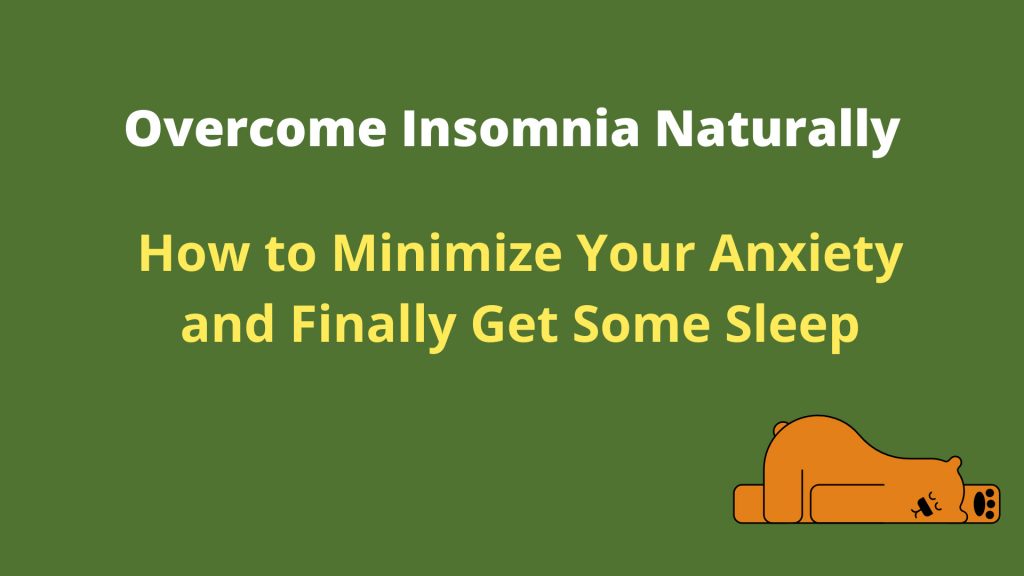
Symptoms of Insomnia
According to the Mayo Clinic, common symptoms of insomnia include:
- Trouble falling asleep
- Inability to stay asleep or sleep through the night
- Waking up too early
- Waking up not feeling rested
- Feeling tired throughout the day
Causes of insomnia
The most common causes of difficulty falling asleep or staying asleep are anxiety, stress, and depression. Other causes include an unhealthy diet or lifestyle, bad sleep habits, or pain.
Natural insomnia relief
For most people, the best way to get insomnia under control is to learn how to manage their anxiety and stress. Healthy habits such as daily exercise, a proper diet, and practicing mindfulness can all help with anxiety and insomnia. Good sleep habits like doing a calming activity before bed, keeping a regular schedule, and limiting substances like alcohol, nicotine, and caffeine can all help with insomnia and anxiety as well. If you are struggling with insomnia and it’s negatively affecting your daily life, you should consider speaking with a holistic counselor.
Natural insomnia relief with Dr. Gary Gruber
If you’re struggling with insomnia and need help getting your control over your sleep and your life, contact Dr. Gary Gruber.
Dr. Gary Gruber is a licensed naturopathic practitioner and holistic health counselor. He owns Family and Environmental Medicine where he specializes in helping his patients find natural solutions for insomnia caused by stress and anxiety. Family and Environmental Medicine is in the heart of Fairfield County, Connecticut near downtown New Canaan CT. His office is only 10 minutes from Stamford CT and Darien CT, 20 minutes from Greenwich CT, and less than an hour from New York City by train.
Natural Headache Relief | How Stress & Anxiety Can Cause the Pain
On a stressful day at work, do you find yourself popping aspirin to numb your headache? If you suffer from tension headaches, you may have noticed that your headaches are caused by stress.
Next time you have a headache, don't run straight for the medicine cabinet: reducing your stress may provide natural headache relief, eliminating the need for over-the-counter pills.
Read on to discover more about tension headaches and their causes. In the meantime, you can also check out this link for more information about reducing the amount of stress in your life!
Do I Have a Tension Headache?
Tension or stress headaches are just one type of headache you can get -- and only one of the myriad of ways your body reacts to stress. Here's how to tell if you have a tension headache, versus another type of headache due to another cause.
The symptoms of tension headaches are unique from other types of headaches. If you have a tension headache, you may feel a dull ache, tightness or pressure around your forehead. Many people liken it to the feeling of a rubber band being wrapped around your head. According to Mayo Clinic, tension headaches may be episodic or chronic, meaning they may come and go or persist for long periods of time.
Another type of headache you may get, which can be triggered by stress or other causes, is a migraine headache. The pain of migraine headaches can be described as throbbing or pulsing and may lead to other symptoms such as nausea or weakness. If you have a migraine with aura, you may also experience changes in your field of vision. Migraine headaches can be more serious than tension headaches and may require medical attention.
Causes of Tension Headaches
Tension headache occurs due to contractions of the muscles in and around the head, resulting in the feeling that a rubber band is being tightened around your forehead. Cold temperatures and staring at a computer screen may trigger tension headaches in some people. However, for most patients, a major cause of tension headaches is stress, whether at work, at home, at school or due to another area of life altogether.
Preventing Tension Headaches Naturally
Natural treatments for tension headaches can prevent the onset of headaches and reduce their intensity when they do occur. If you suffer from frequent tension headaches (defined as more than once or twice per week), you may want to try biofeedback, a type of electromagnetic therapy that can be helpful for tension headaches.
Natural Treatment for Headaches - Stress Management by Dr. Gary Gruber
Dr. Gary Gruber specializes in a type of biofeedback known as HeartMath therapy, which states that our heart rhythms reflect our inner state -- including our levels of stress. Using principles of psychology and naturopathic medicine, Dr Gruber can help you regulate your heart rate, calm stress in the body and thereby reduce tension headaches.
If you are struggling to find a solution to your health issues, contact Dr Gary Gruber.
Family and Environmental Medicine is located in the heart of Fairfield County Connecticut near Downtown New Canaan
- NYC – 35 Miles
- Westchester County – 10-30 minutes
- Greenwich – 10 minutes
- Stamford
- Norwalk – 10 minutes
- Westport – 10-15 minutes
Natural Relief For Irritable Bowel Syndrome With Stress and Anxiety Management
What is Stress and How Does It Affect Irritable Bowel Syndrome
Stress is a normal reaction the body has when changes occur. It can respond to these changes physically, mentally, or emotionally.
The Body has a built-in stress response system that fights stressful situations. This is called fight or flight. Imagine walking down a path on a beautiful summer day. Then suddenly out comes an 8-foot bear. That instant rush of energy is caused by fight or flight causing stress.
Your body is designed to handle stressful situations but not all day every day. If the bear chases you every day, the stress on your body and mind will result in health disorders like IBS.
Alleviating stress is the first step to healing Irritable Bowel syndrome. Click here for more 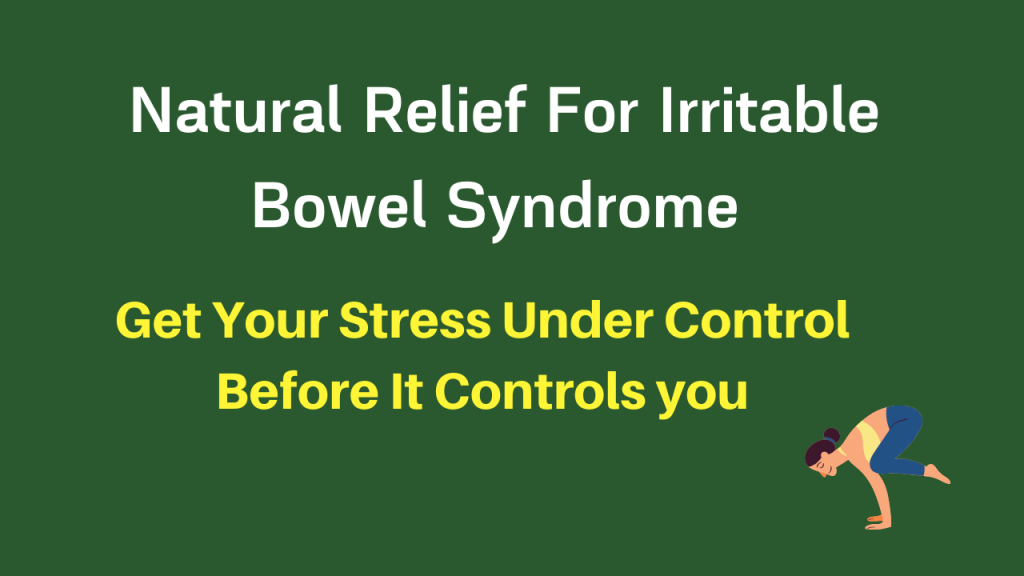
Irritable Bowel Syndrome – What Is IBS
Irritable bowel syndrome (IBS) is a common disorder that affects the large intestine. Signs and symptoms include cramping, abdominal pain, bloating, gas, and diarrhea or constipation, or both. IBS is a chronic condition that you'll need to manage long-term.
Only a small number of people with IBS have severe signs and symptoms. Some people can control their symptoms by managing diet, lifestyle and stress. More-severe symptoms can be treated with medication and counseling.
Irritable Bowel Syndrome Symptoms
How do you know if you have IBS? Here is a list of common symptoms:
- Pain and Cramping
- Bloating
- Gas
- Constipation -- the stool comes out either lumpy or hard
- Diarrhea -- the stool comes out loose or watery
- Alternating bouts of constipation and diarrhea
- Bowel movements that feel uncontrollably urgent, difficult to pass, or incomplete
- Clear or white mucus with the stool
- Foods – Many people with IBS find that specific foods cause stress on their system causes discomfort and health problems.
- Fatigue and Lack of Sleep
- Stress, Anxiety and Depression
Irritable Bowel Syndrome Causes
There are many factors that can cause IBS such as:
- Stress on The Nervous System – Daily stress of life such as finance, job, relationships and family can cause fight or flight. Daily stress signals from your brain through your body inhibits natural flow and digestion of food.
- Infection – Virus and bacteria can cause IBS problems
- Bacteria Changes - dysbiosis
- Food Intolerances – certain foods can have a stressful effect on the digestive system and an imbalance in the gut.
Natural Remedies for Irritable Bowel Syndrome – Stress Management
Managing stress helps calm down your system. Stress not only triggers IBS, it can aggravate symptoms making them last longer.
Yoga, meditation and slow breathing exercises will reduce stress by creating a natural breathing pattern and calm heart rate.
Natural solutions for Irritable Bowel Syndrome can also include fiber supplements, nutritional laxatives, and soothing herbal formulas. Probiotics are another natural remedy for IBS.
Click here for Irritable Bowel Remedies

Natural Remedies for Irritable Bowel Syndrome – Stress Management By Dr Gary Gruber
Family and Environmental Medicine is owned and operated by Dr Gary Gruber specializes in natural solutions for ailments caused by stress and anxiety. Many health disorders can be overcome by learning and practicing stress management techniques in our daily lives.
If you are struggling to find a solution to your health issues, contact Dr Gary Gruber.
Family and Environmental Medicine is located in the heart of Fairfield County Connecticut near Downtown New Canaan
- NYC – 35 Miles
- Westchester County – 10-30 minutes
- Greenwich - 10 minutes
- Stamford
- Norwalk – 10 minutes
- Westport – 10-15 minutes
Ketogenic Diet: Initiation for Adults in New Canaan CT
Recent research has demonstrated that the Ketogenic diet is very effective for treating several metabolic conditions.
These metabolic conditions include:
- Obesity
- Heart Disease
- Diabetes
- Neurodenegerative diseases - Alzheimer’s, Parkinson’s, Epilepsy, and Multiple Sclerosis
- Cancer
Before initiating the Ketogenic Diet, it is imperative that you have a discussion with your physician to determine if this diet/treatment is appropriate for you.
There are three phases of the Ketogenic Diet: preparation, implementation, and maintenance.
PHASE 1 of the Ketogenic Diet (2 weeks)
In this preparation phase you shift from a carbohydrate centric diet to more protein. In this phase the diet should be 50% protein (1 calorie = 4 grams), 30% fat (1 calorie = 9 grams), 20% carbohydrates (1 calorie = 4 grams). Depending upon your health you may need some liver/gallbladder support and nutrients during this phase. Note: If you are ready both physically and emotionally, you may jump directly to phase 2. Important: you must monitor your daily intake of calories and macronutrients (carbohydrates, protein, and fats). To monitor your intake it is recommended to use a smartphone or computer app such as “Carb Manager,” see https://www.carbmanager.com/. Use the USDA standard dietary guidelines (see below) to determine your daily caloric intake. Weight loss on the Ketogenic Diet will occur when your caloric intake is 30% less than the recommended levels (see below). Note that if your daily caloric intake falls below 1,000, your body will significantly slow down ALL metabolism as though you are starving. This may cause breakdown of muscle and other organs for additional sources of energy from protein. This will likely reverse ketosis.
PHASE 2 of the Ketogenic Diet
In this implementation phase you shift to 60% fat, 30% protein, 10% carbohydrates (“Modified Atkins Diet”). You maintain the same caloric intake as Phase 1 and throughout the Ketogenic Diet. In this phase you are shifting from glucose energy to ketone energy. The end result is ketosis. Ketosis is measured at minimum of 0.3mmol/L.
It is important to measure your blood ketone levels daily. I recommend first thing in the morning before any food or drink. Water is ok. For a good, cost effective measurement device see Keto Mojo.
Periodically you may not feel well during this phase, almost like a flu: but it is only temporary. It is usually due to deficiencies in micronutrients and water intake.
PHASE 3 of the Ketogenic Diet
This maintenance phase is very personal. The most important aspect of this phase is to find your comfort zone of macronutrients and exercise where you remain in ketosis. Important: more is not better. Stay above 0.3 mmol/L. When you know you have had too many carbohydrates and protein CHECK YOU BLOOD LEVELS for a few days as you correct your diet to stay on track.
Periodically you must check blood lipid levels as well as micronutrients such as sodium, magnesium, potassium, calcium, selenium, etc. There are several different labs that we recommend depending on the objective of the test. We use: Quest and Lab Partners, Genova Labs, and SpectraCell.
It is very important to monitor digestive health. If you experience bloating, gas, indigestion or reflux, abdominal pain, mood changes, headaches, skin rashes, and changes in bowel movements such as constipation or diarrhea, it is recommended to follow up quickly with a comprehensive digestive analysis.
Celebrating Healthy Heart Month with LiveO2
Celebrating Healthy Heart Month with LiveO2!
Spring is just around the corner and we would like to help you renew your exercise goals. In six LiveO2 sessions you will feel recharged, improve cardiovascular fitness, and be ready to resume your outdoor activities. For the next month we will be booking appointments for our Healthy Heart Month Special.
Here is how it works: Book six LiveO2 sessions and you will receive each session at the special price of $60 per session (regularly $75 per session for six sessions).
Here is a review from one of our patients (52 year-old male patient):
"I saw a dramatic increase in my health and well-being. I would recommend Dr Gruber to anyone. Overall had a great experience with LiveO2"
Haven't heard of LiveO2?
In 2016 Family and Environmental Medicine became the first clinic on the east coast of the United States to offer patients the most advanced system for oxygen multistep therapy, a system called LiveO2. This advanced system that uses altitude contrast therapy has been clinically demonstrated to be more effective in LESS TIME than traditional oxygen multistep therapy, exercise with oxygen therapy, and hyperbaric oxygen therapy. In addition to reversing and slowing the effects of aging, LiveO2 has been effective in our clinic in treating chronic fatigue, fibromyalgia, high blood pressure, chronic lymphatic congestion, chronic infections and chronic Lyme disease.
https://youtu.be/lT07CewOIh4
Podcast: What is Two Weeks of Your Life Worth?
The LiveO2 team made a very important podcast that we wanted to highlight, with the flu having reached an "epidemic" status. Click on the podcast player below to listen, or you can watch the YouTube version below the player!
They did a great job summarizing how to use LiveO2 to not only recover from the flu, but to also build preventative habits that boost your immunity.
"LiveO2 combined with Dr. Gruber's infrared sauna has helped me recover from colds and flus quickly. I find that I usually feel better within 12-24 hours after my first session. If I can catch a cold or flu at onset I have found that LiveO2 allows me to never actually get the illness and I am better the next day."


